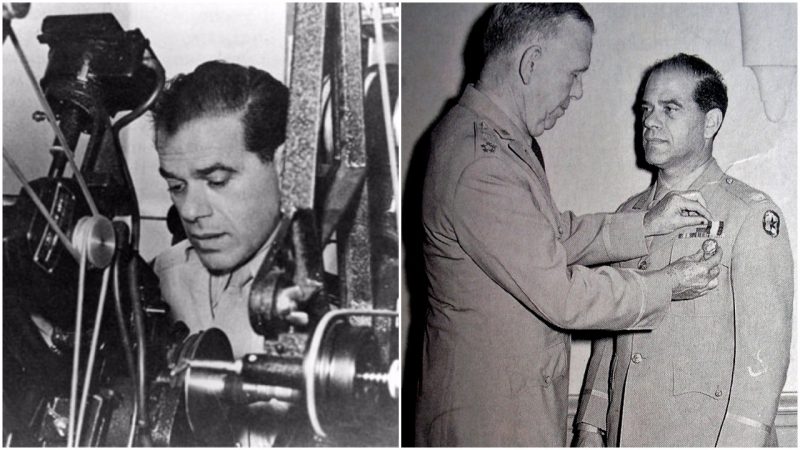Frank Capra was one of the most prominent Hollywood film directors of the pre-World War II era. In the 1930s he won three Best Director Academy Awards for his universally acclaimed films It Happened One Night (1934), Mr. Deeds Goes to Town (1936), and You Can’t Take It with You (1938). Along with actors Clark Gable and Claudette Colbert, he became a symbol of the finest in Hollywood cinema.
Capra was born in a village near Palermo in Sicily and moved to Los Angeles in 1903 when he was five years old. His family sought to find work in the United States and flee the destitution that plagued their homeland. Unfortunately, their troubles continued in America; Capra’s youth was a time of poverty and struggle.
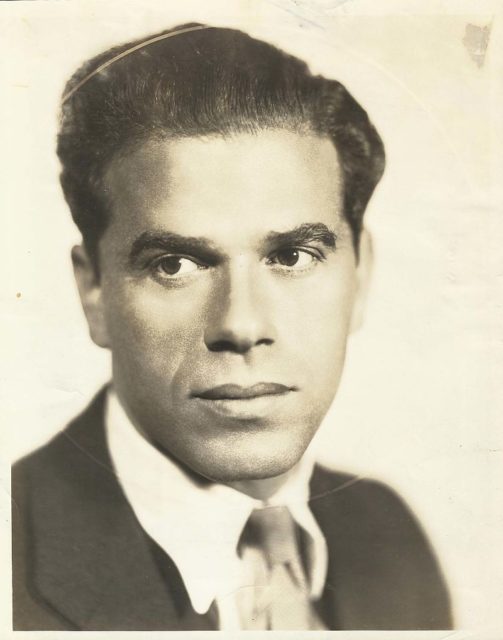
He managed to become a prominent silent film actor in the early 1920s, after writing several books and publishing them through the publishing company of the American philosopher Elbert Hubbard. At that time, Capra received his American citizenship and adopted the middle name, Russell.
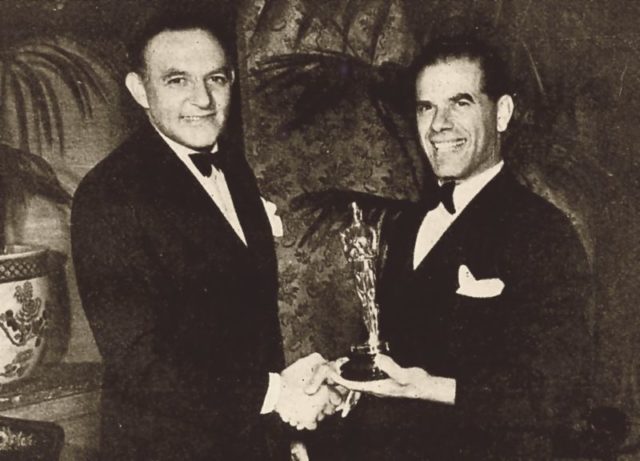
Capra quickly rose to fame in the late 1920s and he acquired enormous wealth. After he had pulled his family out of poverty, he frequently praised the United States as the land of opportunity. Young people saw him as a role model and an embodiment of the American dream, and many of his films were filled with the motives of American individualism and exceptionalism. His rough road to success inspired countless immigrants to try and follow his path.
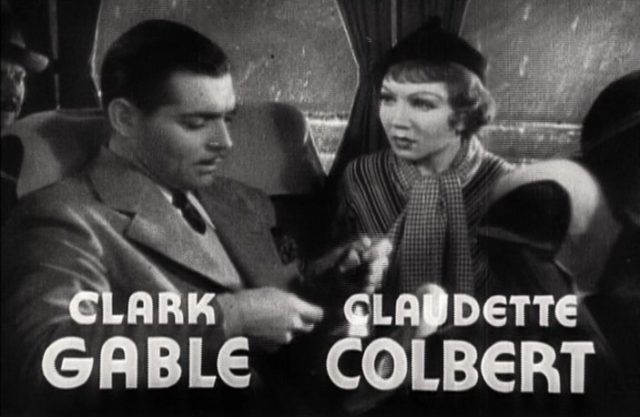
Since his youth in the U.S., Capra emphasized conservative ideals and supported the Republican Party. He proved his avid devotion to the country in December of 1941, immediately after the Japanese attacked Pearl Harbor. Namely, he stunned audiences around the world by quitting his enormously successful directing career, resigning from the position of president of the Screen Directors Guild, and joining the U.S. Army. He was 44 years old at the time and the law didn’t require him to enlist, but, as his biographer Arthur Friedman points out, he “had an intense desire to prove his patriotism to his adopted land.”
Capra quickly rose to the rank of major and served under Chief of Staff George C. Marshall, who was later awarded a Nobel Peace Prize for his “Marshall Plan.” Marshall wanted to create a series of documentary propaganda films for American soldiers. He wanted the films to be innovative and more objective than most of the propaganda films of the time, and Capra proved to be the ideal man for the job.
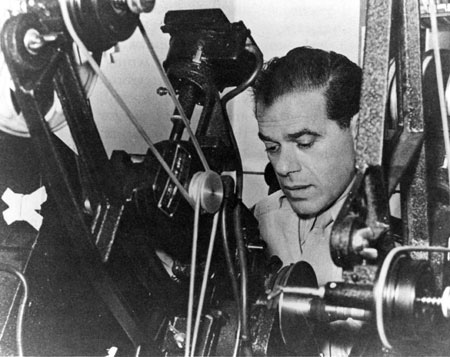
Since he was a skilled director, Capra immediately began filming intense and groundbreaking war films that were intended to inspire American fighters overseas and their families back home. He directed five standalone war documentaries, and a series of seven films entitled Why We Fight, which explores the political implications of the Nazi ideology and depicts the struggles of soldiers, resistance movements, and innocent civilians on the battlefields of Europe and Russia.
The films were immensely successful and ended up being shown in cinemas across the U.S. and Great Britain. Several prominent figures of the U.S. movie industry joined Capra and perfected the films: Walt Disney and his team created animated sequences, and the music was contributed by prominent film composers Alfred Newman and Dimitri Tiomkin.
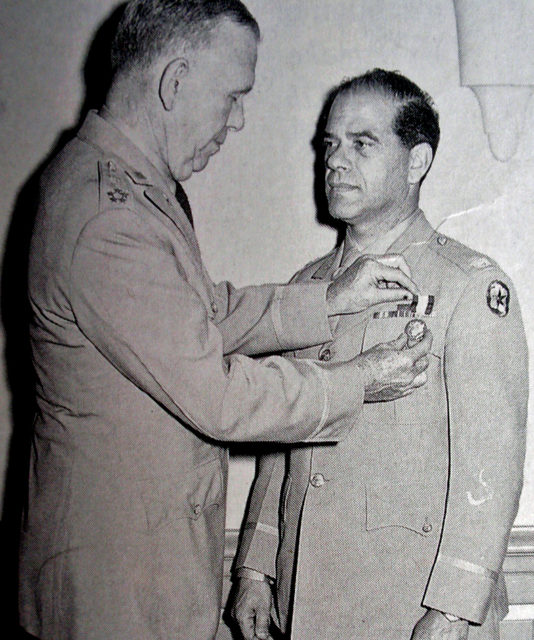
Prelude to War, a film which was a part of the Why We Fight series, won an Academy Award for Documentary Feature in 1942 and became an instant classic of 20th century documentary cinema. Nowadays, the whole Why We Fight series is universally regarded as a masterpiece because of its realism, objectivity, outstanding direction, and attention to detail. Although Capra is known more for his feature films, he considered the Why We Fight series his most important work for the rest of his life, because it inspired countless soldiers and indirectly contributed to the Allied victory.
After the war, Capra returned to commercial filmmaking and directed several critically acclaimed films, including It’s A Wonderful Life, which was ranked as the 11th best American movie of all time by the American Film Institute in 1998. However, he retired from commercial directing in 1951, after being disillusioned by the American post-WWII cinematic scene, and concentrated on filming science documentaries for the California Institute of Technology.
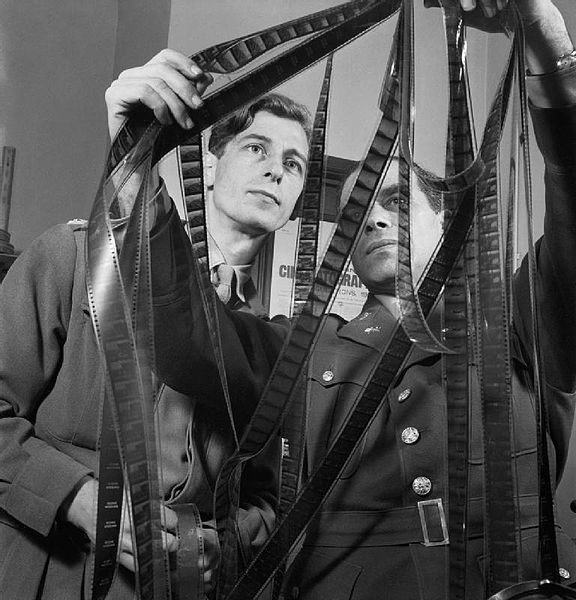
Despite being a conservative Republican throughout his life, Capra started losing faith in American conservatism after World War II. In 1950, he was still an enthusiastic patriot and wanted to rejoin the U.S. Army to fight in the Korean War, but he was rejected because he was 53 years old at the time.
Five years later, Capra was appalled by the U.S. military’s actions in Vietnam. He proclaimed himself a pacifist and started openly condemning the unnecessary slaughter of innocent civilians and the omnipresent anti-Vietnam propaganda. He remained an outspoken anti-militarist for the rest of his life.
